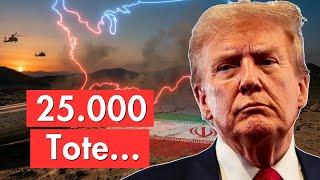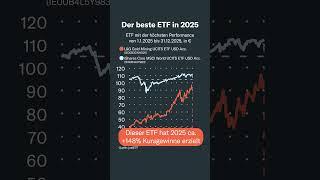| George Friedman writes the free weekly column “This Week in Geopolitics” for Mauldin Economics. Subscribe now (http://goo.gl/kmXV65) and get an in-depth view of the forces that will drive events and investors in the next year, decade, or even a century from now. — With the party conventions over, US voters are waking up to what some call the most important presidential election of our lifetime. Yet one expert says, it’s not nearly as important as many think. To those living through it, every election looks critical, says George Friedman of Geopolitical Futures. The top geopolitical analyst agrees this time is different, thanks to a unique candidate like Donald Trump. But whether you like Trump or not, November’s outcome will not be the worst the nation has faced. Speaking in this video, Friedman said the 1860 election was far more consequential than 2016 will be—even in worst-case scenarios. That year’s outcome led directly to a bloody Civil War. It ripped apart the nation and killed 600,000 people. A more recent example is 1968. The nation was again in agony—this time over the Vietnam War. One assassin killed the leading Democratic candidate, Robert F. Kennedy, within weeks of another assassin gunning down civil rights leader Martin Luther King, Jr. Riots broke out in major cities. The chaotic year put Richard Nixon in the White House. Almost 50 years later, we have yet to see anything like 1968’s chaos. The Constitution’s writers designed the presidency to be one of the world’s least-powerful heads of state. To get anything done domestically, he or she must convince both House and Senate to go along, keep the Supreme Court at bay, and gain cooperation from 50 sovereign state governments. Presidents can’t just snap their fingers and make things happen. They are not omnipotent. Presidents have a freer hand in foreign policy, but they don’t have unlimited power there, either. Reality defines the available options at any given time. A president can decide to attack another country, but he can’t order the military to win. Friedman says as a matter of history, most presidents fail to achieve their foreign policy goals. It is not for lack of effort. Many try very hard and devote every resource they have, but no president is omnipotent. The world had two major powers for much of the last century. This gave international relations a framework around which other matters revolved. The Soviet Union’s 1991 downfall ended that era, but its replacement is still taking shape. The US is the only global power, but the practical extent of that power is not yet clear. Friedman points out that what looks like defeat may not be. Losing the American Revolution was a crushing blow to the then-ascending British Empire. Yet it shrugged off that defeat and went on to rule much of the globe for another 150 years. Elections have consequences—but they aren’t as great as we might think. |
Tags:









































